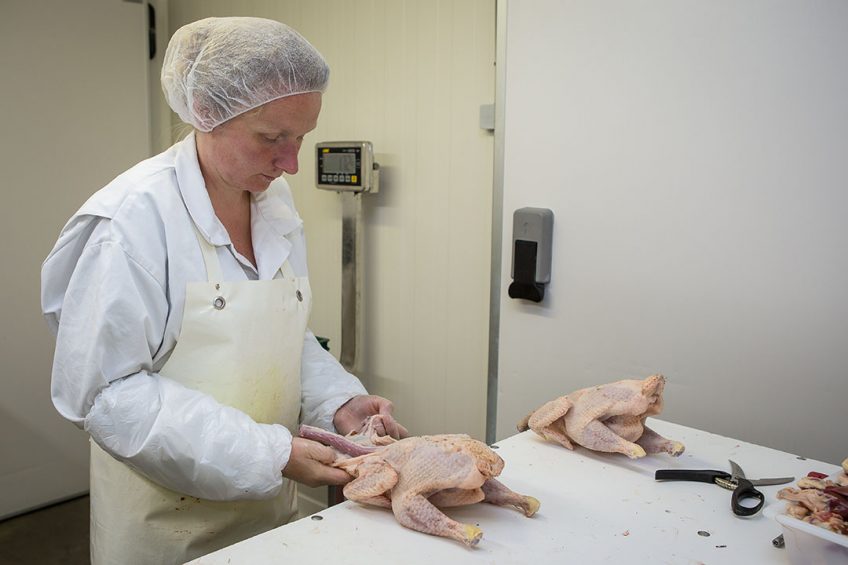Brazil asks Philippines to end embargo on chicken meat

The Brazilian ministries of Agriculture and Foreign Affairs released a note at the beginning of September calling for an immediate end of the embargo imposed by Philippines on Brazilian chicken meat.
In august, the country stopped importing meat from Brazil after China reported an alleged positive result for Covid-19 in tests carried out on a batch of chicken wings exported by Aurora’s facility in Xaxim city, Santa Catarina state. This did not go down well with the Brazilians.
The ministries highlight that the Philippines is currently the only country that imposes restrictions on chicken meat from Brazil. “The Philippine government embargo on Brazilian imports of chicken meat did not follow mandatory principles and rites set out in Article 5 of the World Trade Organization (WTO) Agreement on Sanitary and Phytosanitary Measures (SPS Agreement), which represents a clear violation of that Article of the Agreement,” the official document stated.
 Covid-19 Up-date
Covid-19 Up-date
What impact is the pandemic having on the global poultry sector and how are they dealing with it.
Taking case to WTO
The Brazilian government said that the United Nations Food and Agriculture Organization (FAO), the World Health Organization (WHO) and Codex Alimentarius protocols indicate that food and its packaging do not constitute vectors for Covid-19 transmission. It plans to bring the case to the WTO if there is no scientific justification for or end to the import suspension.
Export stats
Last year, the Philippines imported 63.4 thousand tons of chicken meat from Brazil, 1.5% of the total exports. In the first 6 months of this year, the volume shipped to the Philippine market totalled 43.8 thousand tons, 70% higher than that the same period last year.
USDA chicken meat forecasts
Brazilian chicken meat production is expected to reach 14,432 million tons in 2021, according to information from the United States Department of Agriculture (USDA), released on Thursday, 3. The volume is above 13,877 million tons. tons last year. The department also forecasts that Brazilian chicken meat exports are expected to reach 3,985 million tons, exceeding the 3,868 million tons earlier predicted for 2020.












